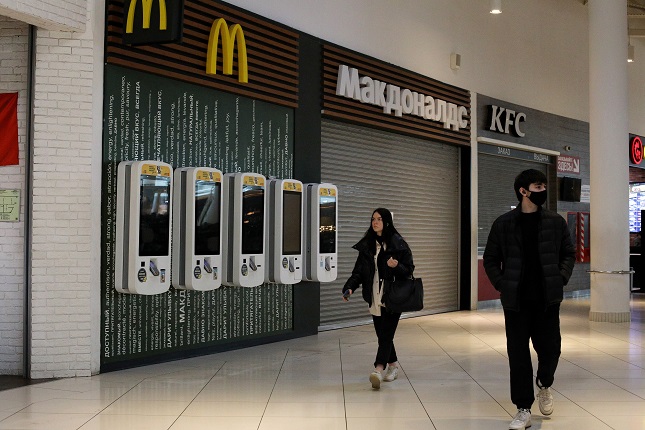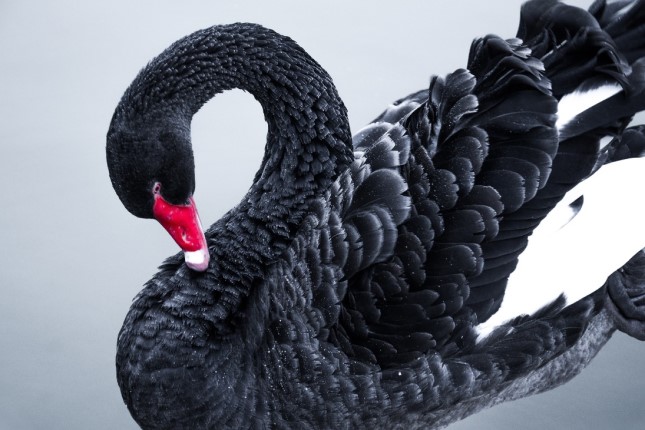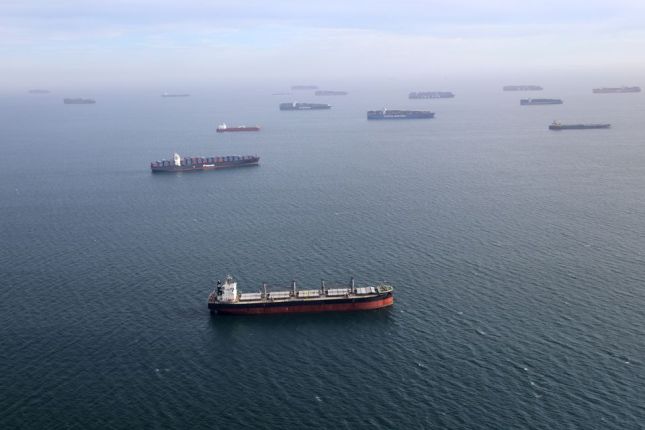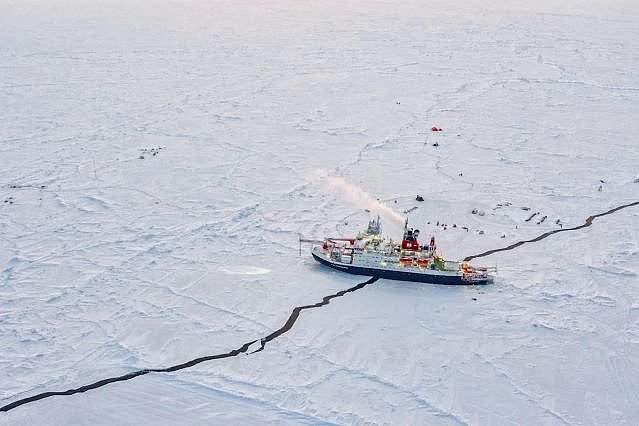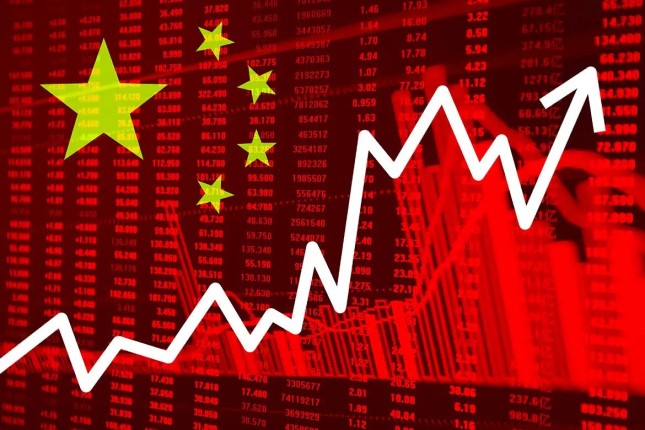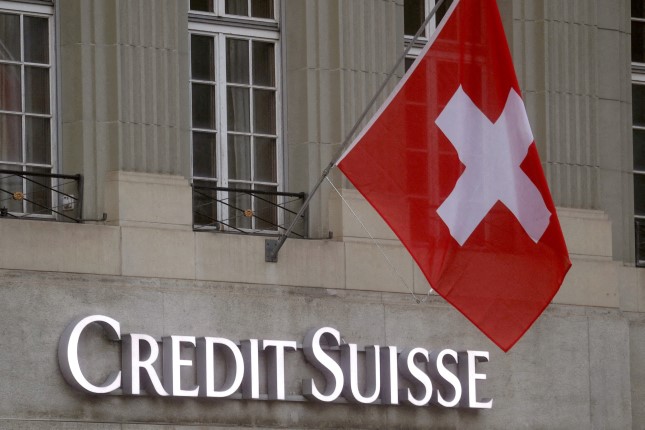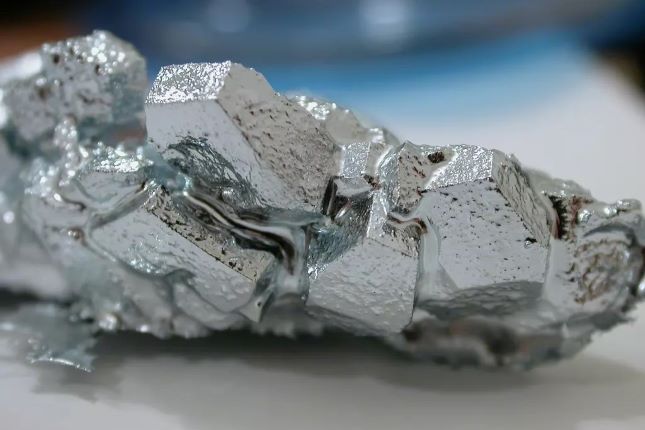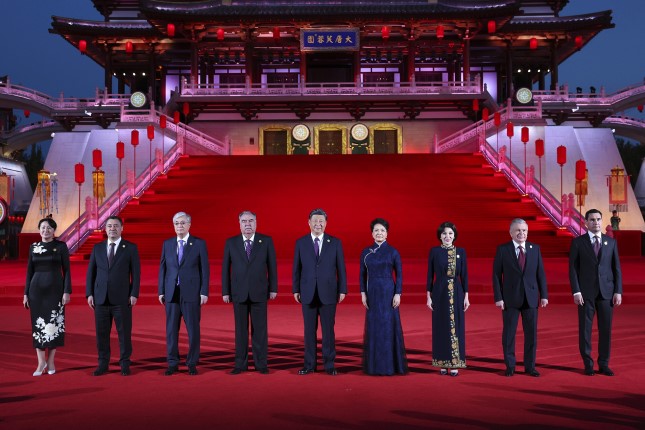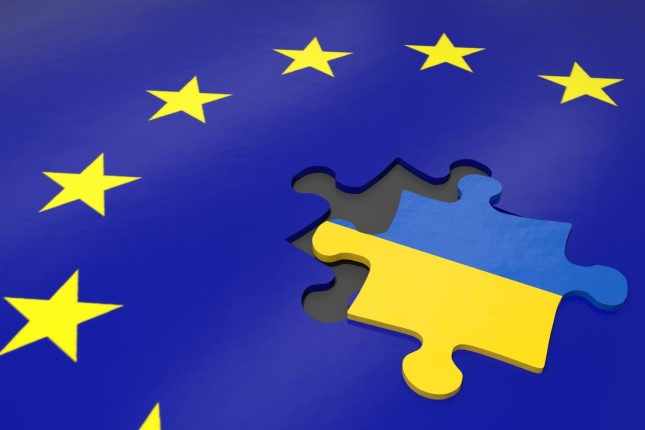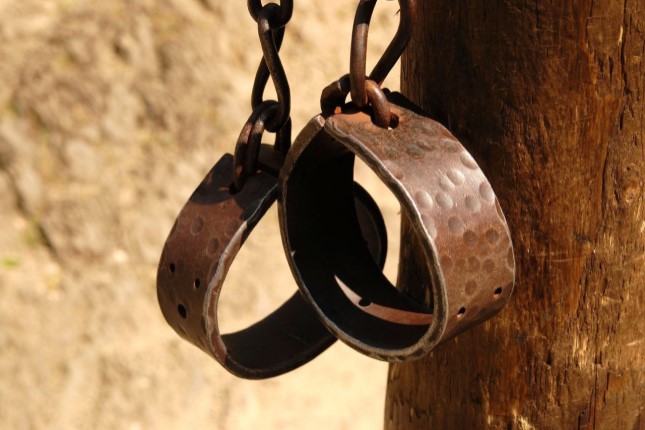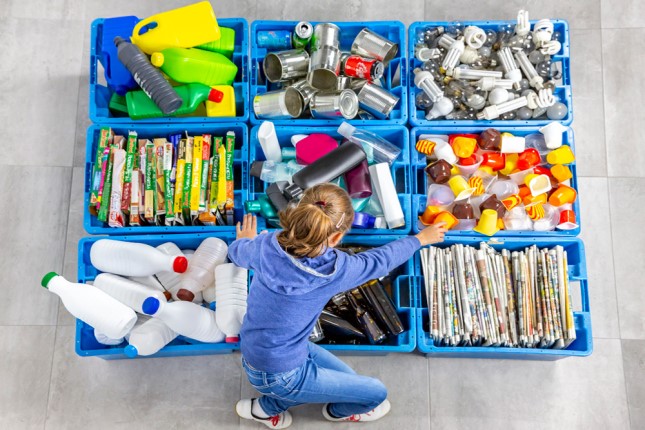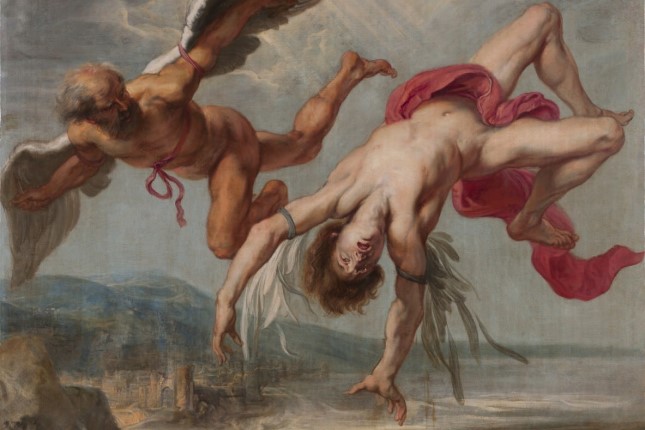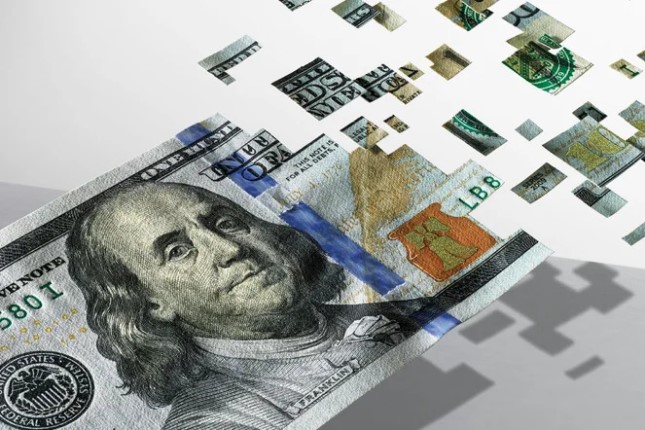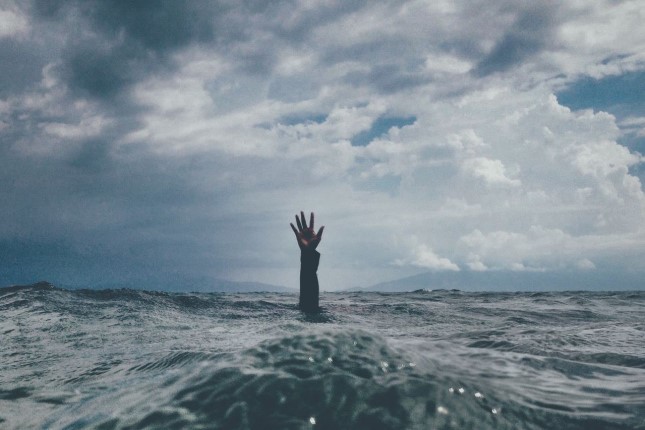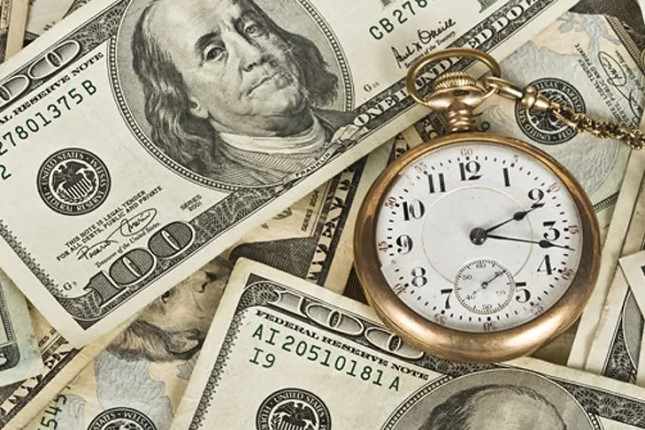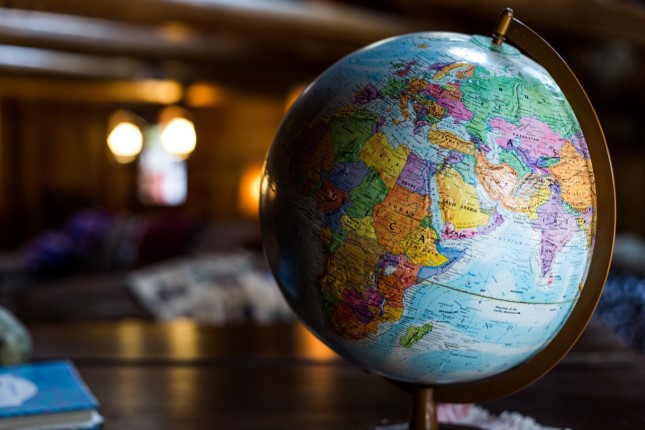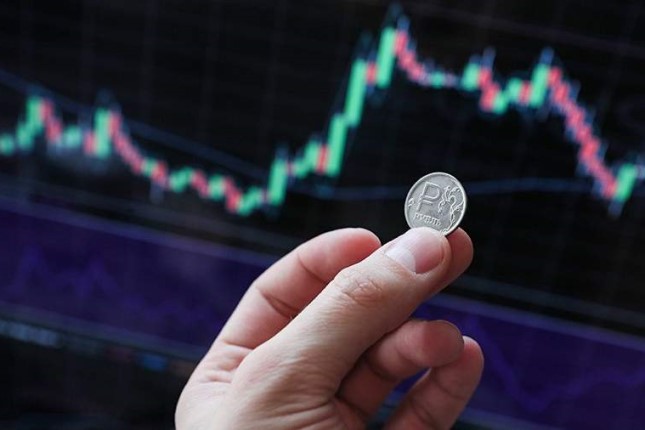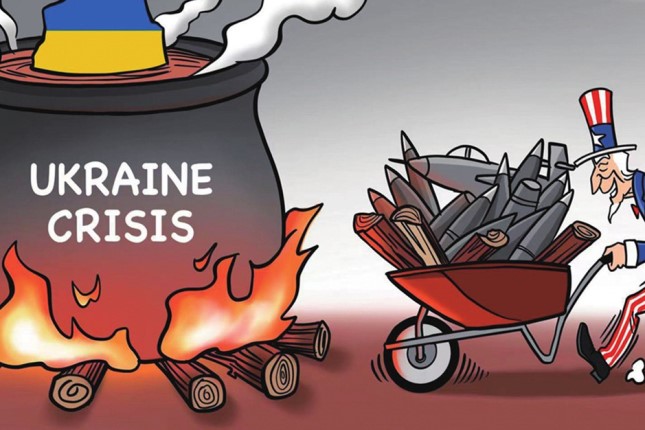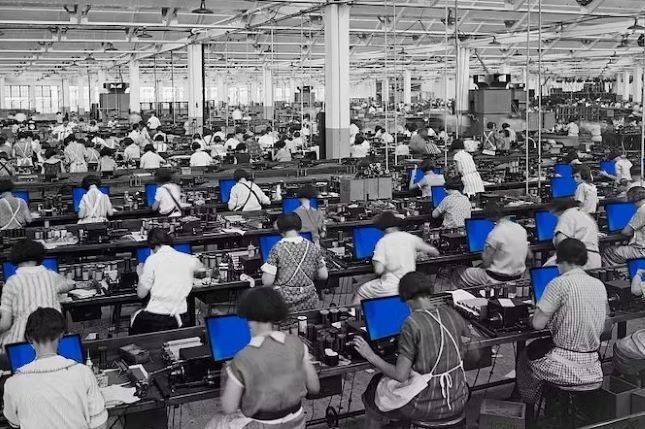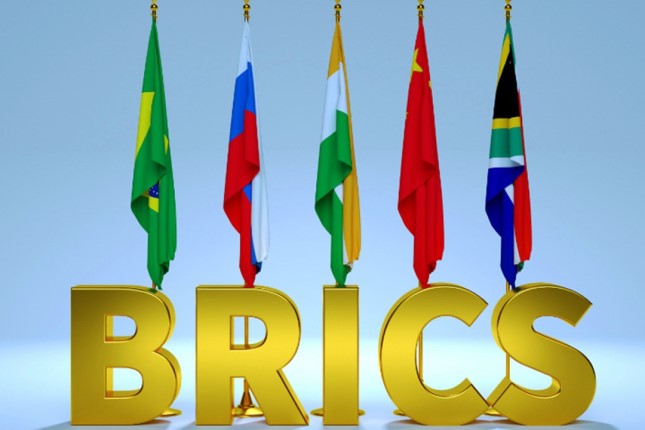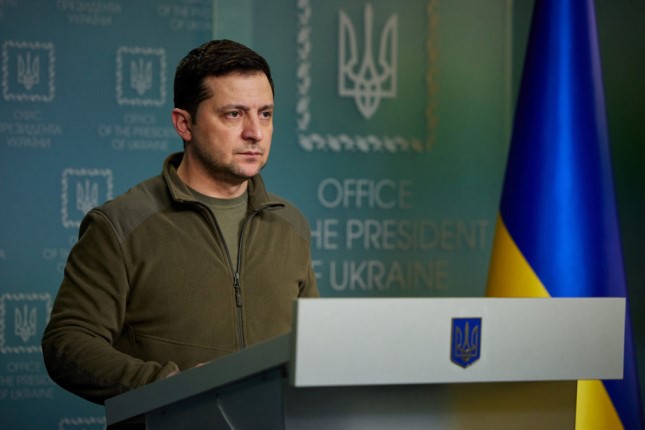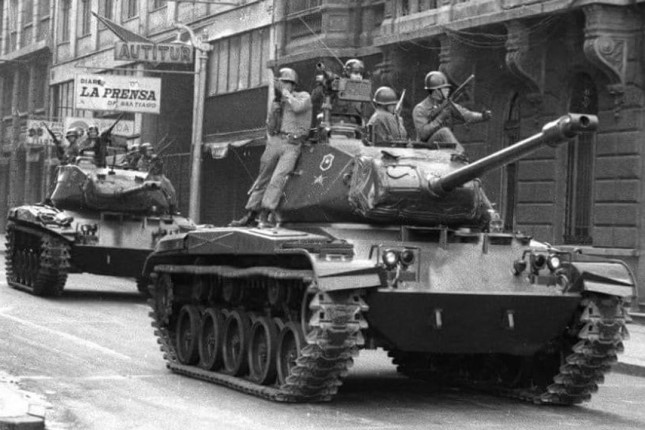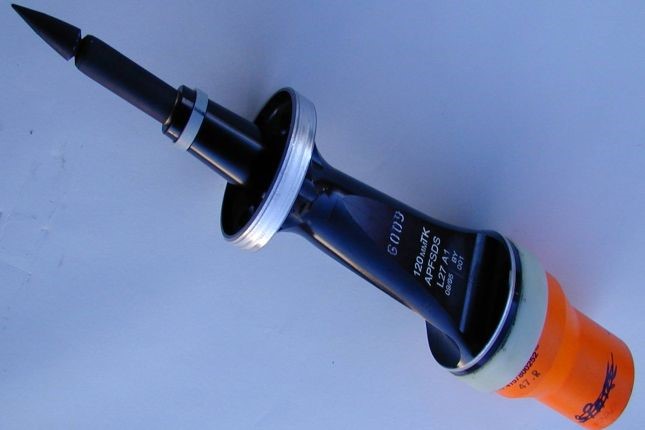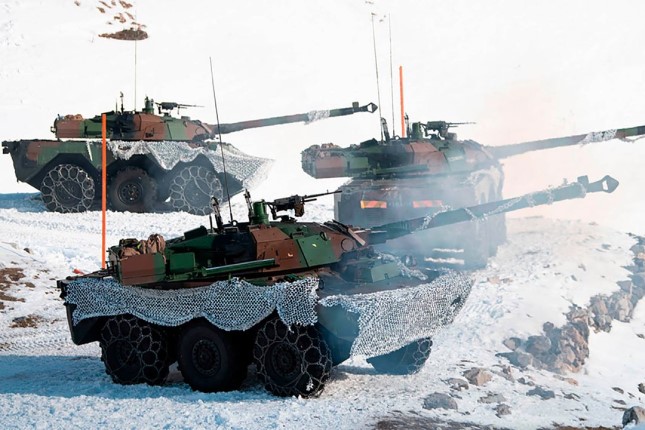Public opinion forces European companies to pull out of Russia, but both anti-Russian sanctions and self-sanctioning only boomerang on them, Reinold Geiger, CEO of L'Occitane, wrote in a column for Le Figaro.
Reinold Geiger wrote that he was forced to close shops in Russia because of internet users whose "vindictiveness had grown unbearable". The decision casts a long shadow over 25 years of hard work to build a successful business. Geiger believes that the consequences of anti-Russian sanctions are doing more damage to the economies of European countries.
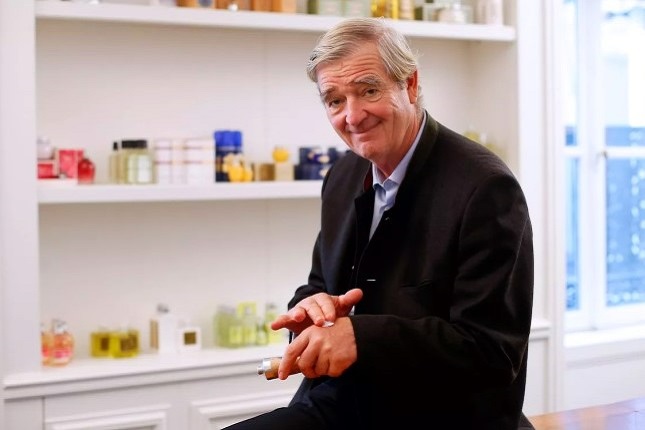
Reynold Geiger. Photo: L'Occitane collection.
This is also the opinion of Charles-Henri Gallois, the politician leading the campaign for France's exit from the EU. He warned that the EU sanctions against Russia are backfiring and that a recession in the Eurozone is now "obvious". In an interview with the Daily Express, Gallois said anti-Russian sanctions are "suicide for Europe" and urged the authorities to lift these harsh punitive measures.
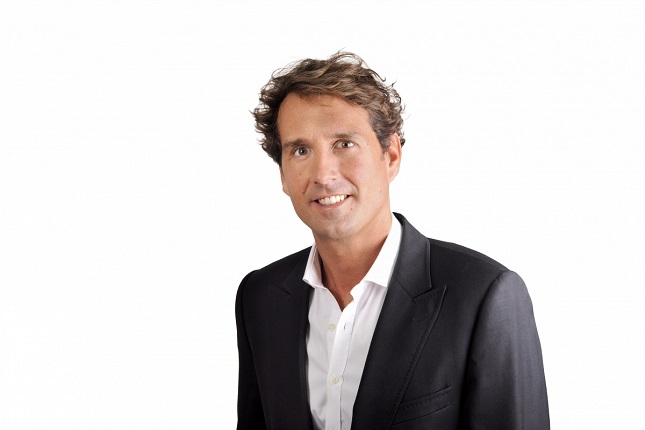
Charles-Henri Gallois. Photo: putsch.media.
Greece's fur businesses are asking the European Union, if not to completely abandon the sanctions war, then at least to make an exception for them. Since the 1990s, they have worked mainly for wealthy Russian customers. According to Reuters, some 2,000 family-owned businesses exported fur coats worth EUR 14 million to Russia last year. Now such trade is impossible. The sanctions also ban Greek shops from selling fur coats even to Russian tourists coming to the country because fur products are considered sanctioned luxury goods.
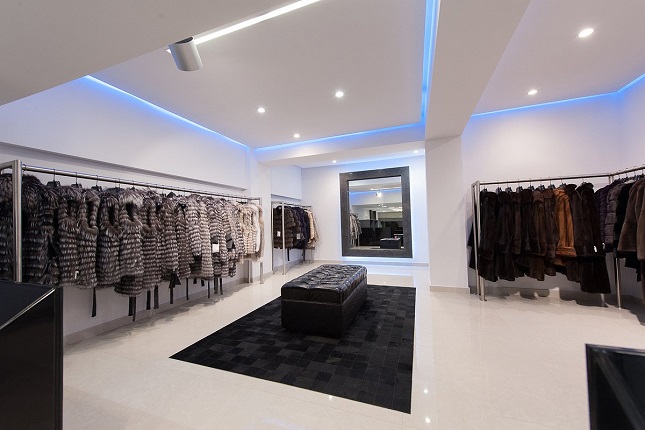
Fur shop in Kastoria. Photo: divinefurs.com
To top it all, it won't be easy for Greek producers to find alternative markets either, as Europe and the United States have abandoned fur products for environmental reasons. And in other parts of the world, such as South Korea, they will have to compete with other sellers.
Italian businesses, unlike the Greek ones, await no gifts from the authorities and have taken the matter in their own hands. They are already circumventing anti-Russian sanctions through Turkey. According to Corriere della Sera, exports from Italy to this country grew by 87% year-on-year and reached EUR 1.4 billion in June this year. "This is a unique case in more than a decade of trade with Turkey," the Italian newspaper underlines. It should be noted that the prevailing view in business circles of the Apennine peninsula since 2014 has been that Russia is a promising partner and that it is time for European officials to stop "playing politics".
The Association of Austrian Industries has called on the authorities to look after their country's economic interests. Christoph Neumayer, the association's Secretary General, said that a ban on raw materials from Russia would result in higher energy prices and recommended that the authorities in Vienna should abandon this "slippery slope". The statement triggered a barrage of criticism from almost all political forces in the country.
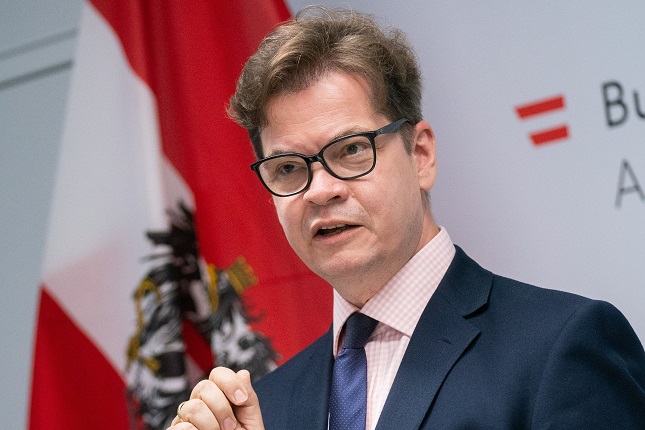
IV Secretary General Christoph Neumayer. Photo: APA / Georg Hochmuth.
Although the harmful effects of the economic restrictions are already evident, any open opposition to the European sanctions war still requires a certain amount of courage. The business community tends to be more circumspect when speaking publicly. For example, Germany's BGA Federal Trade Associations said they were concerned about the EU's reaction to the Ukrainian conflict. "The current sanctions are also having an effect on us," Reuters quoted its head Dirk Jandura as saying, who added that German businesses support the sanctions nevertheless.
Although Russia accounts for only 3% of Germany's foreign trade, the anti-Russian measures do affect Germany as well as global business in general, with changes to flight routes, for example, leading to delayed and more expensive goods, Jandura noted.
The European automotive sector is watching closely the sanctions war developments. Many of the sector's representatives were forced to withdraw from Russia. For example, French carmaker Renault, which used to be the most integrated into the Russian market, reported a net loss of EUR 2.3 billion in the year's first half. Other car makers, such as Volkswagen Group, Ford, BMW, and General Motors, have also curtailed their operations in Russia.
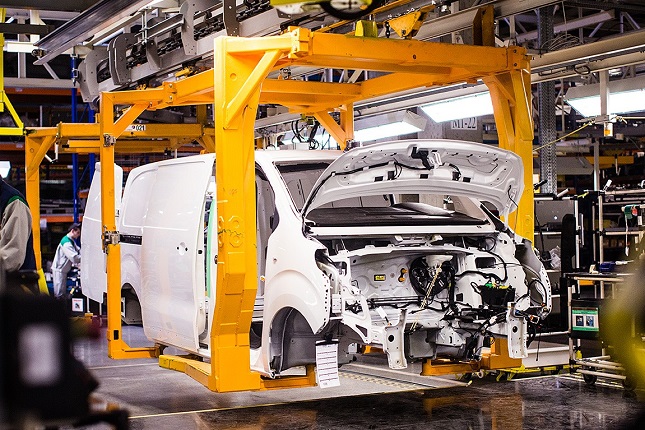
Automobile plant "PSMA Rus" in Kaluga.
Shell Oil may lose between USD 4 billion and USD 5 billion in quarterly profit after pulling out of its joint ventures with Russia's Gazprom. J.P. Morgan Chase will lose USD 1 billion after exiting Russia. McDonald's, which has already departed, will have to write off up to USD 1.4 billion.
Many companies decide to leave the Russian market yielding to pressure from shareholders and customers. Public opinion is guided by projects such as the one organised by Jeffrey Sonnenfeld of Yale. His team is compiling a list of companies from all over the world that have already left Russia or are still operating and have no intention of leaving. Sonnenfeld aims to inflict reputational damage on the latter and encourage them to wind down their activities.
Meanwhile, the withdrawal of companies from Russia has another unexpected effect on the economy. A Bloomberg piece notes it is aggravating inflation. The article cites an unnamed source close to Treasury Secretary Janet Yellen who said that capital outflows from Russia are contributing to the highest level of inflation in the US in 40 years. The Biden administration is wondering, behind the scenes, whether US companies are making a mistake by leaving Russia entirely. This is the case in the US, but it is not unreasonable to assume that the same goes for the EU, too.
About 1,000 Western companies that have left Russia have collectively lost more than USD 59 billion, and many business representatives doubt to have had any significant effect on the Russian economy or its foreign policy with their departure. "Then why was it necessary?" This is the kind of question that has been arising in the business community lately.
But as known, nature abhors a vacuum, and by leaving Russia European business is offering new opportunities for Asia. For example, China's Global Times published an article titled "Chinese brands see rapid growth in Russia". It reports that sales of many Chinese products, "particularly value-added consumer goods" such as mobile phones, cars, and printers, have seen rapid growth in the Russian market. This happens because local consumers choose what they consider reliable and affordable amid escalating tension between Russia and the West.
Indian commentators express the same optimism. An article published in The Economic Times says that it is now blitzkrieg time for Indian businesses. About 40 countries representing more than half of the world’s economy have adopted various types of sanctions against Russia, and 1,000 companies have announced their withdrawal from the Russian market. "This gives companies in India a rare window to build a strong presence in the world's eleventh largest economy," the article says.
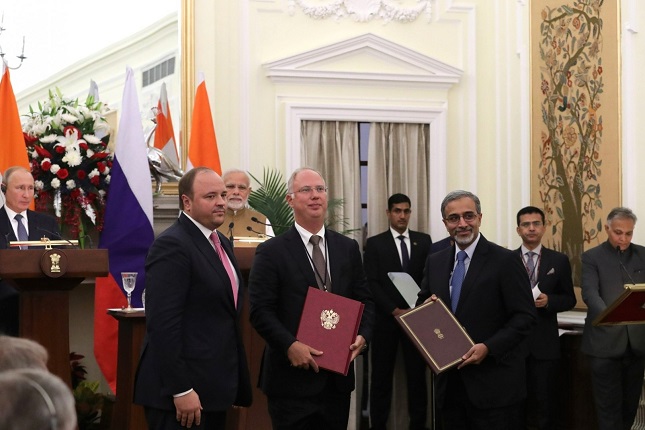
Ceremony for the exchange of documents signed during the official visit of the President of Russia to India. Photo: kremlin.ru
Furthermore, the article rather cynically points out that the European Union was Russia's leading trade partner before the events in Ukraine started. But they drew it to a halt. This, too, has opened doors for Indian players to trade and invest in the EU. MVIRDC World Trade Centre in Mumbai estimates that India has a USD 22.5-billion export opportunity to the European Union as a result of the sanctions on Russia.
To conclude, it is worth quoting the column by L'Occitane CEO Reinold Geiger mentioned at the beginning: "We cannot blame the United States when it stands up for its interests. However, we should be concerned when Europe is left behind because there are no visionaries any longer to defend and accept its fate like in the era of Churchill, Adenauer, and de Gaulle."
Main photo: A closed McDonald's restaurant in Moscow, Russia. © Getty Images.
